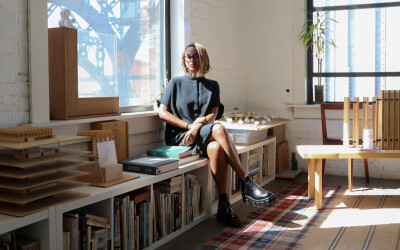Malala’s Story
Malala Yousafzai is a Pakistani activist for female education and the youngest-ever Nobel Prize laureate.
She is known mainly for human rights advocacy for education and for women in her native Swat Valley in the Khyber-Pakhtunkhwa province of northwest Pakistan, where the local Taliban had at times banned girls from attending school. Her family runs a chain of schools in the region.
In early 2009, when she was 11–12, Malala wrote a blog under a pseudonym for the BBC Urdu detailing her life under Taliban occupation, their attempts to take control of the valley, and her views on promoting education for girls in the Swat Valley. The following summer, journalist Adam B. Ellick made a New York Times documentary about her life as the Pakistani military intervened in the region. Malala rose in prominence, giving interviews in print and on television, and she was nominated for the International Children’s Peace Prize by South African activist Desmond Tutu.
On the afternoon of October 9, 2012, Malala boarded her school bus in the northwest Pakistani district of Swat. A gunman asked for her by name, then pointed a pistol at her and fired three shots. In the days immediately following the attack, she remained unconscious and in critical condition, but later her condition improved. On 12 October, a group of 50 Muslim clerics in Pakistan issued a fatwā against those who tried to kill her, but the Taliban reiterated their intent to kill Malala and her father, Ziauddin Malala. The assassination attempt sparked a national and international outpouring of support for Malala.
Time magazine featured Malala as one of “The 100 Most Influential People in the World”. She was the winner of Pakistan’s first National Youth Peace Prize, and the recipient of the 2013 Sakharov Prize. Even though she was fighting for women’s rights as well as children’s rights, she did not describe herself as feminist when asked on Forbes Under 30 Summit in 2014.
Later in 2014, Malala was announced as the co-recipient of the 2014 Nobel Peace Prize, along with Kailash Satyarthi, for her struggle against the suppression of children and young people and for the right of all children to education. Aged 17 at the time, Malala became the youngest-ever Nobel Prize laureate. She was the subject of Oscar-shortlisted 2015 documentary He Named Me Malala. Since March 2013, she has been a pupil at the all-girls’ Edgbaston High School in Birmingham. On 20 August 2015, she achieved a string of A’s and A*s in her GCSE exams.
Famous Malala Quotes
“When the whole world is silent, even one voice becomes powerful.”
“It feels like this life is not my life. It’s a second life. People have prayed to God to spare me and I was spared for a reason – to use my life for helping people.”
“Why is it, that giving guns is so easy, but giving books is so hard?”
“I said to myself, Malala, you must be brave. You must not be afraid of anyone. You are only trying to get an education. You are not committing a crime.”
Click here to learn more about Malala.
Click here to learn how you can take action.



